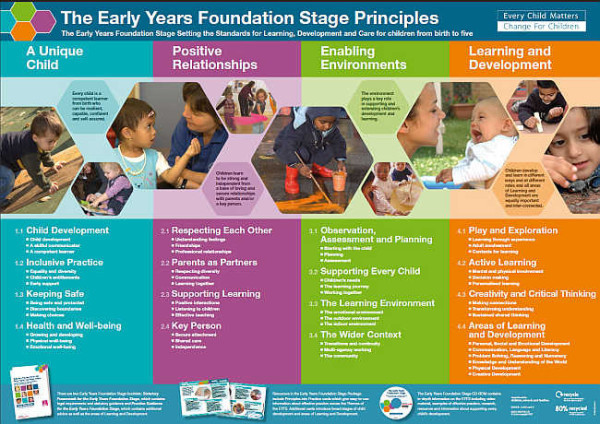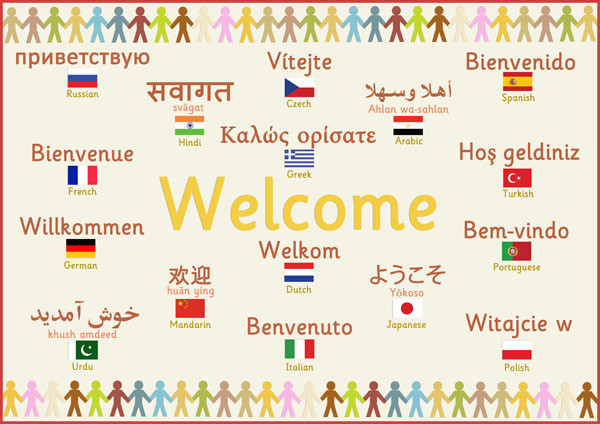The children in this world are our future. In looking at them we see not only the responsibility we, as adults, have for them, but we see hope for the future. Despite the setbacks and successes of our own lives, there remains in us that determination that things be better for the next generation.
We see the benefits of change and progress over the years but we see how far there still is to go and the importance of getting it right for the lives of those looking up at us and following our example.
Not all children start their lives as equals, inhibited by the conditions and lottery of their place of birth. But everyone has the right to education and one of the most beneficial ways to secure the future of our children is to invest in early year’s education and quality childcare.
Children should arrive at school age ready to learn so that they can maximise the experience of school rather than face delays because they are still mastering the basic skills such as listening, concentrating and following instructions. These are the years where the brain is the most plastic and receptive to stimulation. This is a key chance to embed good habits and values for the future. It is a positive and proactive approach towards improving social mobility and the best way of improving a child’s future chances.
Yet whilst it is well recognised that much important learning takes place in these years, there is also a huge variety in the quality of such programmes around the world. It is not enough to merely have good intentions or a token early years programme in place. It is the quality that counts. The British Early Years Foundation Stage profile stresses the importance of a holistic approach. It recognises that every child is unique and that every child is constantly learning and can be ‘resilient, capable, confident and self-assured’ – surely what we want for all our children. There also needs to be a combined approach between home and the place of care/early education. Parents and educators need to be saying the same things and working together. It goes without saying that there should be equality of opportunity for all.

So what is a quality programme? According to Bowman et al in their study entitled Eager to Learn: Educating Our Preschoolers, the following components should be visible in all quality care programmes:
- There should be a combined approach towards physical, social and cognitive learning as all these areas influence and improve each other and they are all just as important.
- It is so important to have good relationships with teachers and care-giving adults who will not only influence the abilities of young children to learn but also develop how they learn.
- Smaller group sizes really work as children lead their own learning. There are also more opportunities for teachers to work on extending language, developing their social skills, and encouraging and supporting exploration and problem solving.
- While no single programme of studies has been identified as the best, children who attend early childhood programs which set out what they aim to do seem to prepare children for the start of their formal schooling
 Here at the Novak Djokovic Foundation we want to help you to help the future. Through spreading knowledge on our blog, you too can build the future and make sure the children you come into contact with have the very best chance to reach their potential and lead full and happy lives.
Here at the Novak Djokovic Foundation we want to help you to help the future. Through spreading knowledge on our blog, you too can build the future and make sure the children you come into contact with have the very best chance to reach their potential and lead full and happy lives.
References:
http://www.education.gov.uk/schools/teachingandlearning/curriculum/a0068102/early-years-foundation-stage-eyfs
Eager to Learn: Educating Our Preschoolers Barbara T. Bowman, M. Suzanne Donovan, and M. Susan Burns, Editors; Committee on Early Childhood Pedagogy; National Research Council. Available for download: http://nap.edu/download.php?record_id=9745
http://www.unicef.org/earlychildhood/index_40747.html













